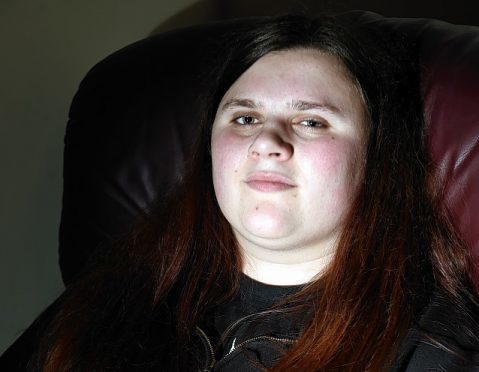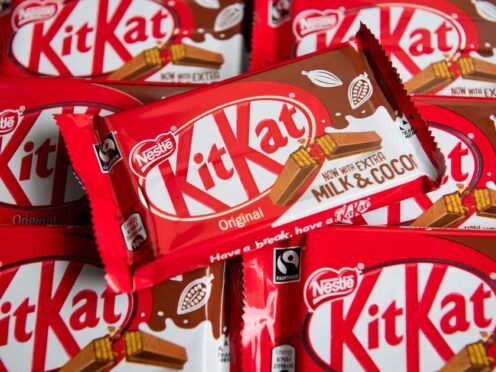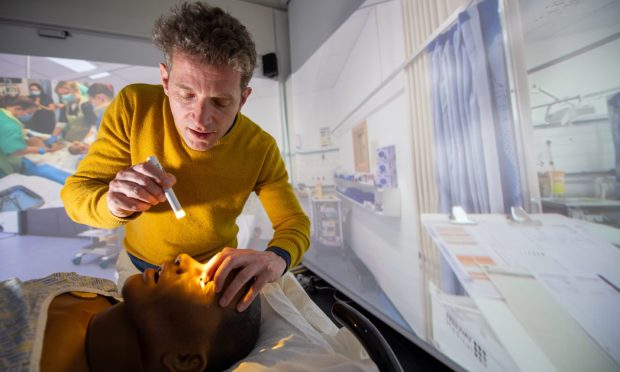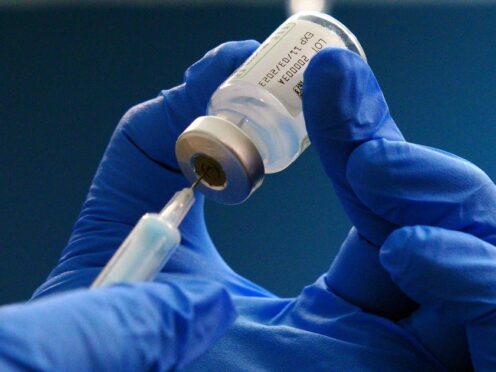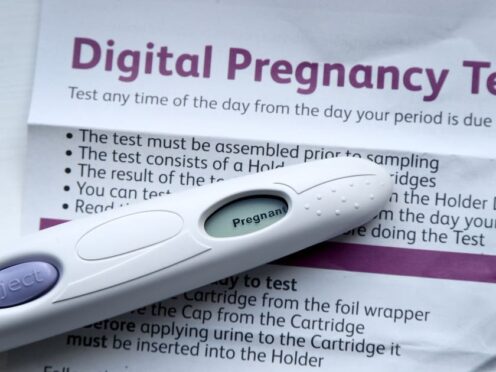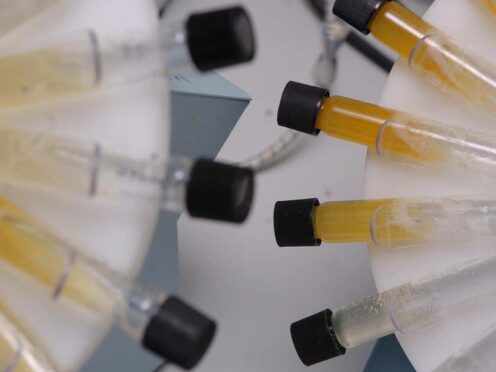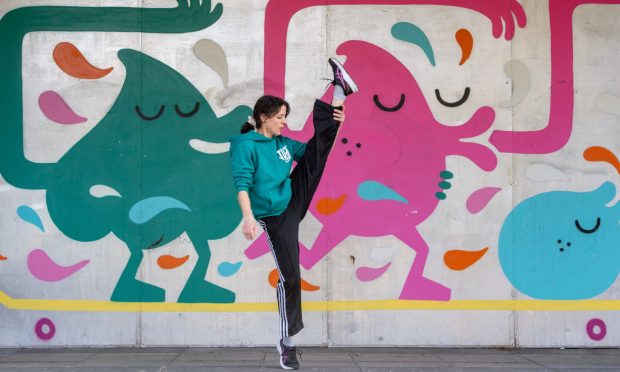A Moray woman with the same rare illness as Lady Gaga believes the pop star’s plight is raising vital awareness of a painful condition.
The singer, whose real name is Stefani Germanotta, was recently forced to cancel a leg of her world tour because of a chronic and incurable disease called fybromyalgia.
The rheumatic condition causes muscular pain with stiffness and tenderness in specific parts of the body, and can bring on migraines.
Elgin 20-year-old, Katherine Keough-Jack, has suffered from it since she was 12, but has battled through the pain to spread awareness and raise money towards finding a cure.
Last night, she said the silver lining to the music superstar’s agonising predicament would be bringing the illness to the attention of her millions of fans across the planet.
Mrs Keough-Jack hopes that heightened profile could lead to more cash being pumped into research.
She said: “It is good that Lady Gaga is drawing attention to how serious this is, by identifying fybromyalgia as the cause for her cancelling shows.
“It is a condition which affects everybody differently, and it can vary in severity.
“This awareness is going to help people who might be living with the illness, without knowing what is wrong with them.
“Her being so famous is really bringing it into the spotlight, and I hope that will mean more funding towards treatment.”
Mrs Keough-Jack only discovered she had the syndrome aged 17, with her discomfort being put down to “growing pains” throughout her adolescence.
She and her husband, Simon, had a baby daughter named Thea this year.
Mrs Keough-Jack found that her hormones during the early stages of pregnancy relieved her symptoms, though she struggled with hip and back pain during the later stages.
